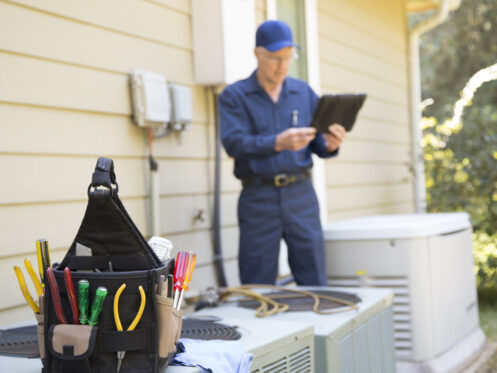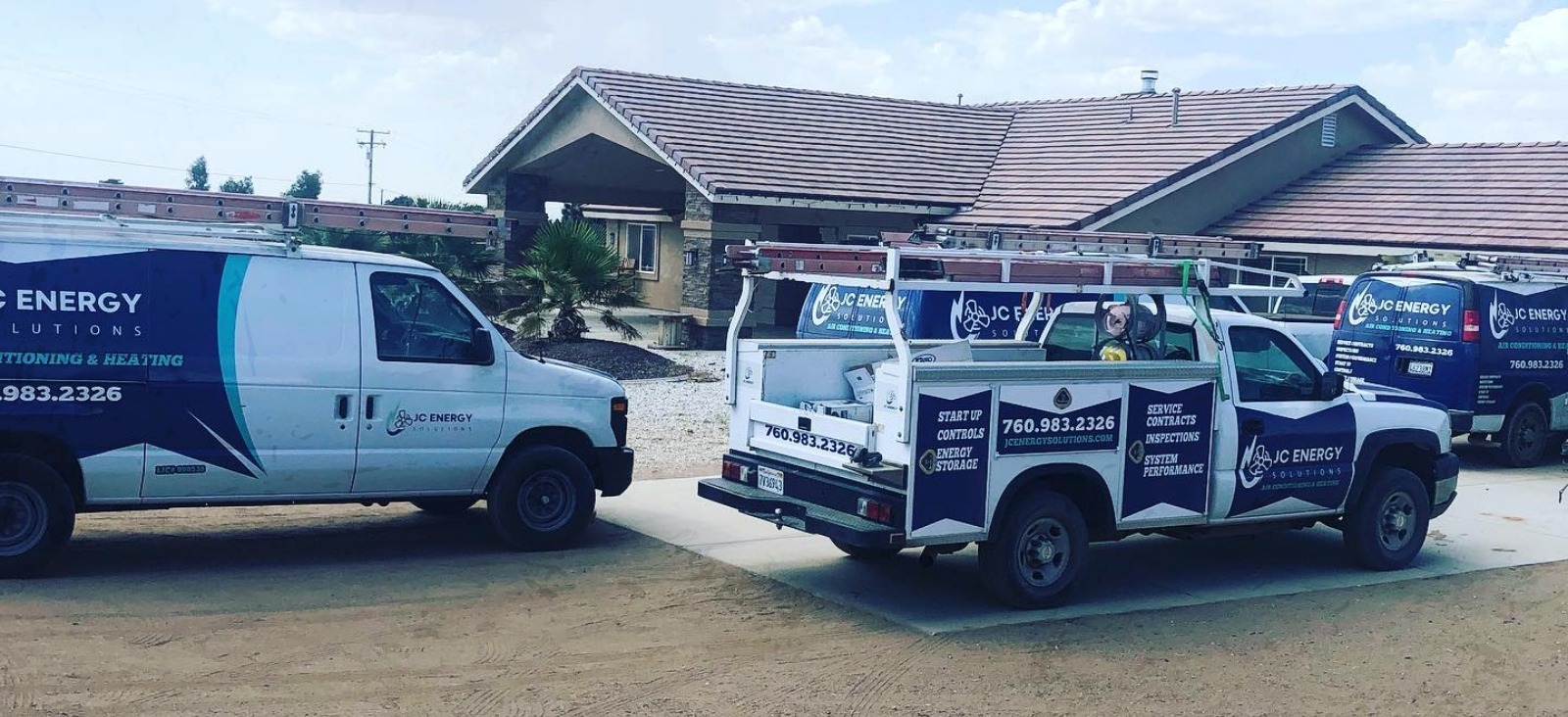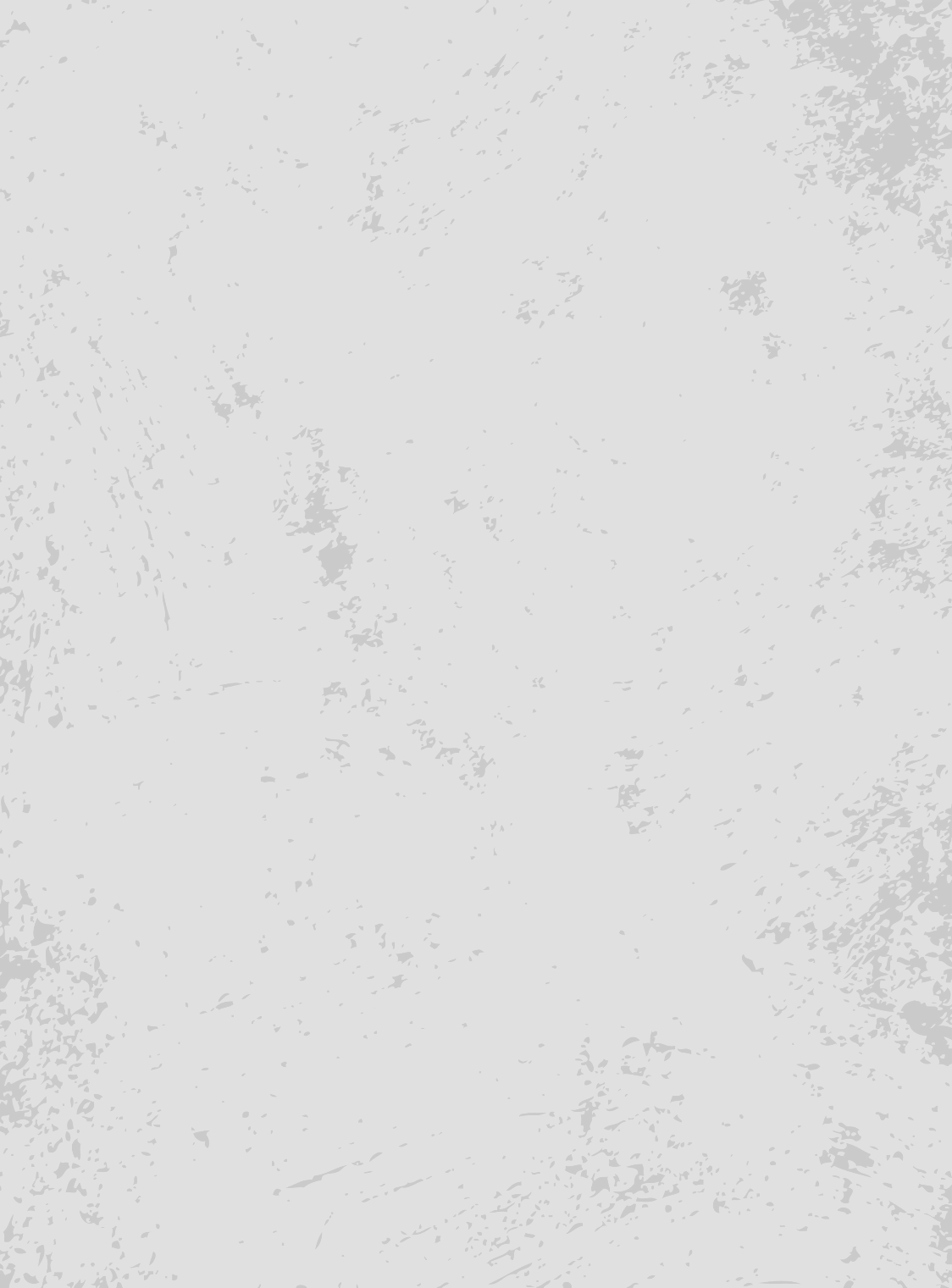The right air filter ensures quality of life and can improve HVAC system efficiency and lifespan. Different filters function uniquely, impacting airflow in your home. With this guide, you’ll have the information necessary to choose wisely so that your HVAC system runs efficiently and keeps the indoor air clean and healthy.
1. Understand the Types of Air Filters
The first is to sort out the types of air filters. Fiberglass, pleated, and reusable air filters are most commonly used. Fiberglass filters are simple and inexpensive, typically seen in older HVAC systems. Pleated filters provide excellent filtering and are suitable for most homes. Reusable filters can be washed and are more environmentally friendly and economical.
Less common types include electrostatic, activated carbon, and HEPA filters. Electrostatic filters use static electricity to trap air particles. Activated carbon filters help remove odors and various pollutants. HEPA filters are not typically used in home central heating and air conditioning systems as they can restrict airflow in residential units.
You can also invest in air purification systems. These are often installed inside the HVAC equipment. Air scrubbers can remove even the smallest particulates, like fumes, viruses, and bacteria. There are also ultraviolet light filters that kill bacteria and viruses with UV rays.
2. Consider Your Indoor Air Quality Needs
Estimating indoor air quality needs is a key step in choosing an appropriate HVAC filter. Every household has different needs, affected by numerous factors. For example, people with pets must purchase an air filter to remove pet dander. Similarly, a family with allergies or respiratory diseases requires an even finer filter.
On the other hand, smokers could need an activated carbon filter that can absorb odor and toxic gases. Residents of areas with high levels of pollution or humidity might consider purchasing a filter that removes bacteria and mold spores. But we must not forget that the higher a filter’s filtration rate is, the more often it has to be replaced.
3. Evaluate the MERV Rating
When it comes to air filters, the Minimum Efficiency Reporting Value (MERV) scale measures a filter’s effectiveness with ratings from one to 20. The higher a filter’s MERV, the better it is. But this is not to say that the higher MERV value means a better choice. Filters rated six and 13 typically operate in residential systems. Those at or above MERV 17 are HEPA filters and may be used at hospitals and other industrial locations.
Remember the age and type of your HVAC system when choosing a high-MERV air filter. Older systems may be unable to handle the airflow restriction caused by these filters, resulting in decreased efficiency and potential damage. For this reason, it is important to consult an HVAC professional to determine which MERV rating suits your system. The professionals at JC Energy Solutions can provide expert advice on your HVAC system’s needs.
4. Determine Your Budget
Air filters come in various prices, so having a budget is important. Filters made of fiberglass are the least expensive, whereas pleated and reusable-washable filters fall in between. The most expensive of all are the highly effective HEPA filters.
Besides the price of a filter itself, you must factor in how long it can be used before being replaced. While cheaper filters may seem more affordable, they may need to be replaced more frequently than pricier options, resulting in higher long-term costs.
5. Don’t Forget About Size
Air filter size matters when it comes to your HVAC system. While 1-inch-thick filters are the most commonly used for residential systems, other sizes can also be found on the market. Be sure to measure the size of your existing filter and ensure any replacements are the same dimensions. An incorrectly or poorly fitting filter may let air through and enter your system, seriously affecting its efficiency and your air quality.
Moreover, a filter’s filtration capability also varies depending on its thickness. The thicker, pleated filters provide greater surface area and can be used to capture more air particulates, but they may result in blocked passages if your HVAC system is not designed for them. An HVAC professional should be consulted to get the proper calculation for size and thickness.
At JC Energy Solutions, we provide the Oak Hills community cooling, heating, and water heater services. We strive to provide the most professional HVAC service so that your home can be kept warm in winter and cool in summer. We serve you from installing a new system to repairing and maintaining your old one and advise you on what type of air filter is suitable for use in which situation. Call us today and experience our expertise.







